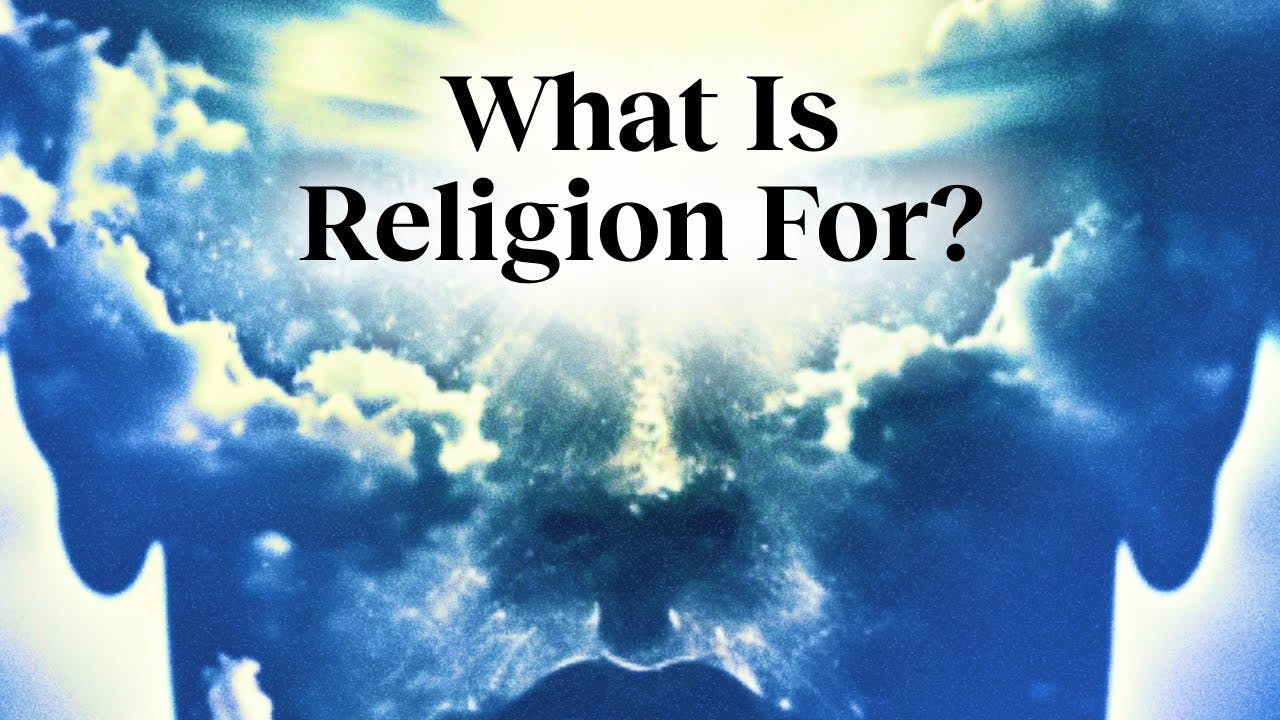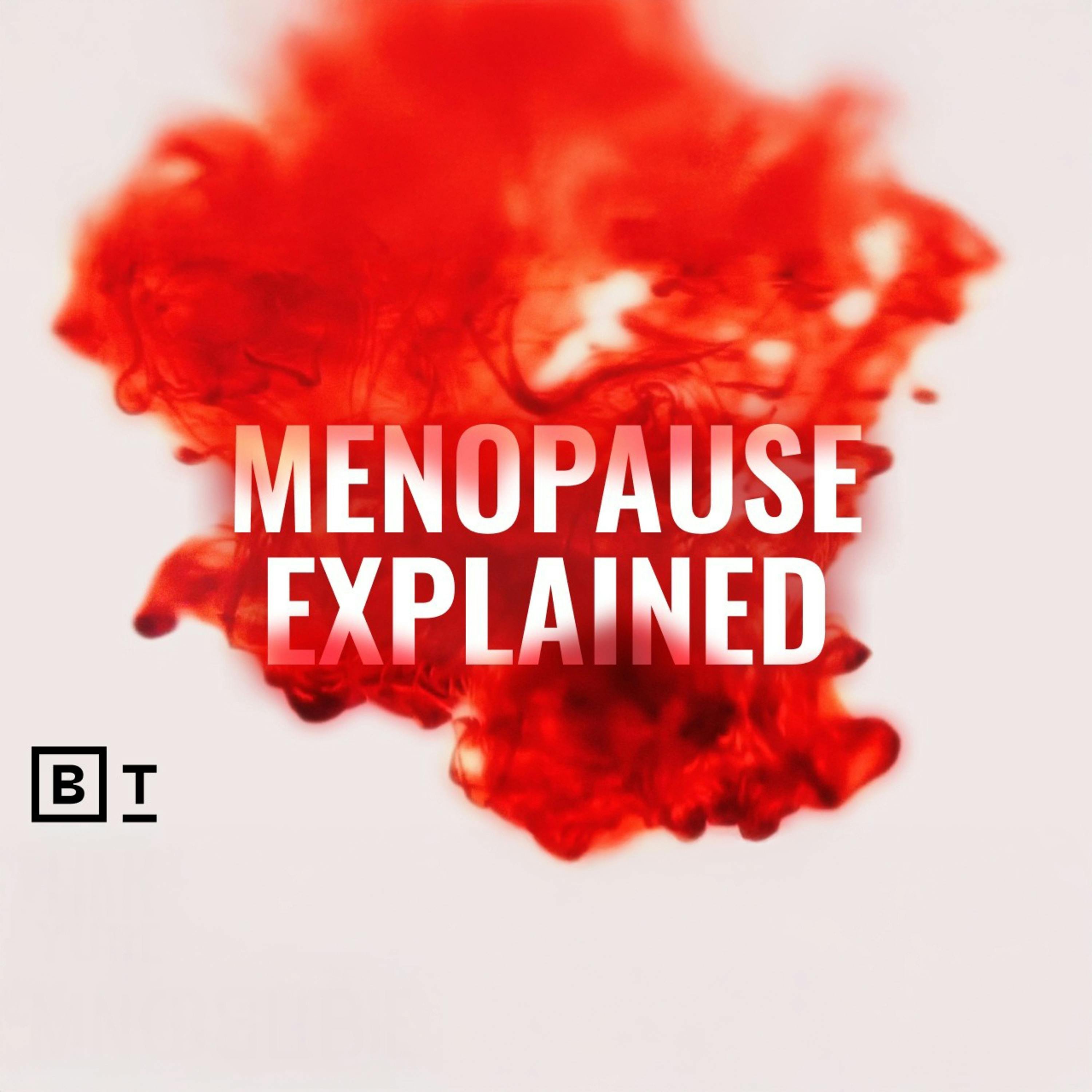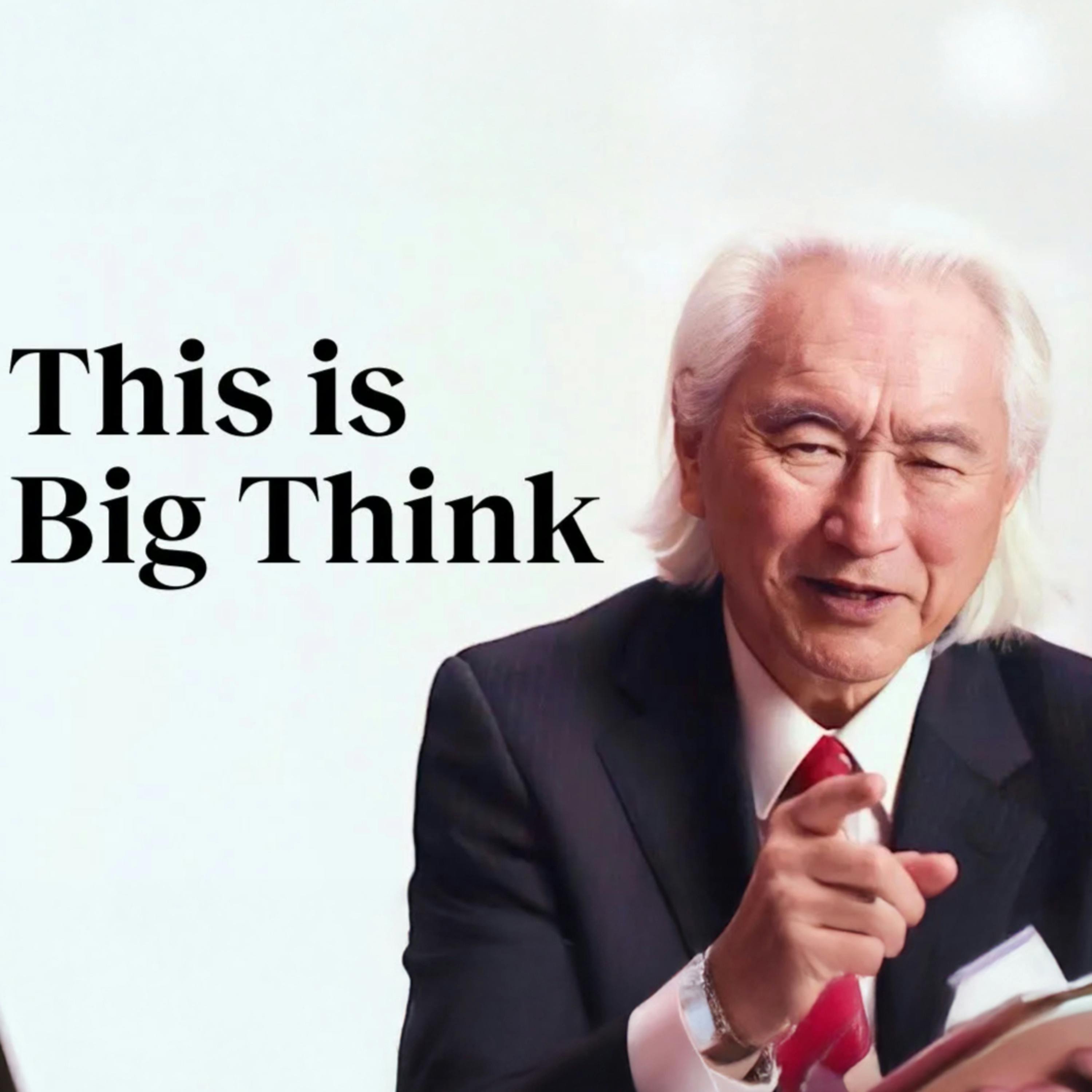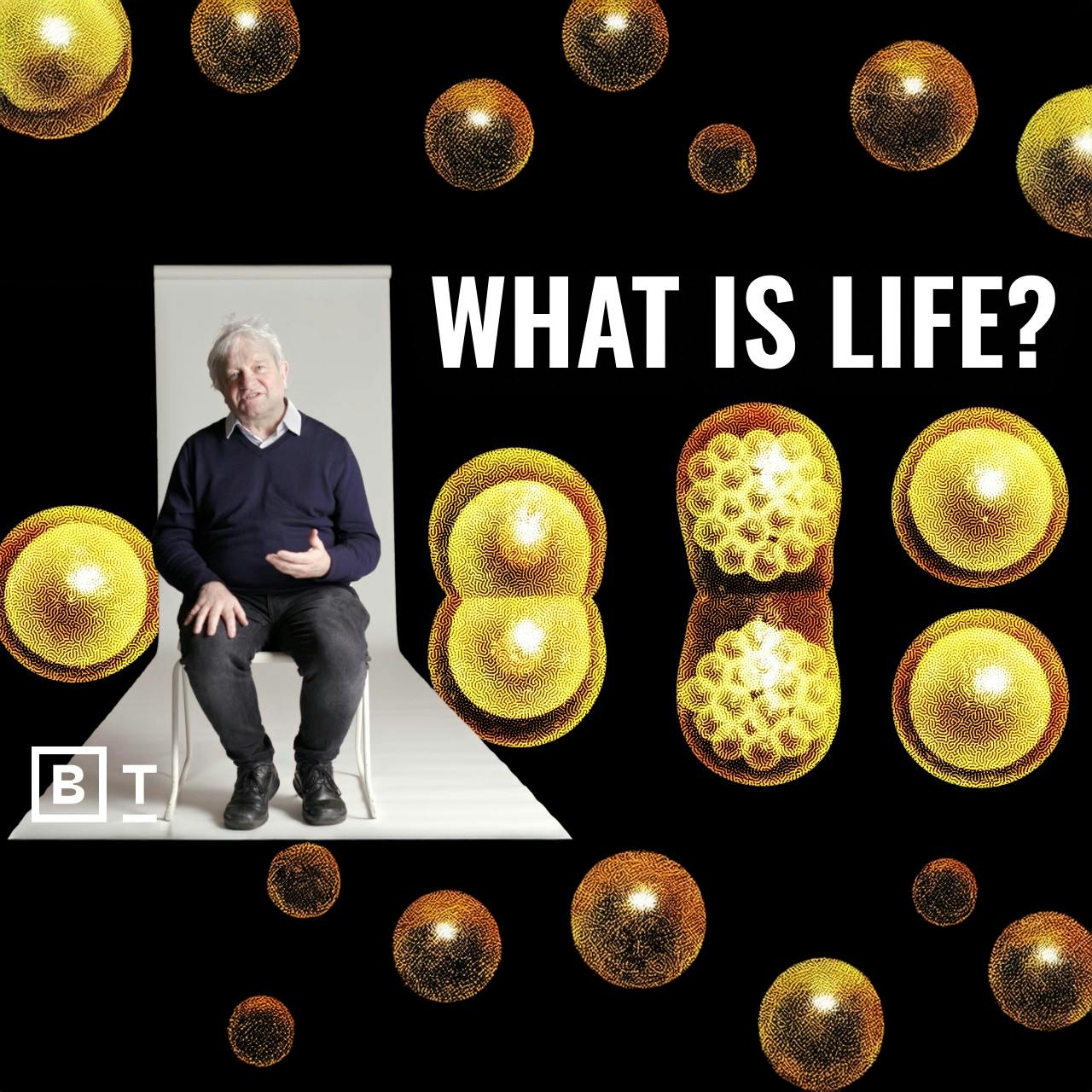The neuroscience of religious experiences | Patrick McNamara
Description
Patrick McNamara, an experimental neuroscientist, argues that the function of religion is not just to quell existential anxiety or stave off the fear of death, but to disrupt current models of the self and to update those models in relation to the world around us. Religious experiences promote imaginative simulation of other possible worlds, giving us space to update those models.
One core facet of the spiritual experience is what McNamara calls “de-centering” — a powerful technique that promotes self-transformation and makes us incredibly vulnerable when triggered. When held in the context of a ritual, like many religious practices, we can achieve massive personal growth and transcendence. But de-centering isn’t only effective within the context of religion: Secular people can re-discover or create their own rich traditions to support the de-centering experience.
The field of experimental neuroscience is uncovering some fundamental aspects of human nature and experience, simultaneously enhancing our understanding but also deepening the mystery. McNamara’s research sheds light on the potential benefits of religion and ritual, and highlights how much more is still to be learned about how these processes can be harnessed for positive transformation.
0:00 The standard theory of religion
1:25 What is a self model?
2:32 Simulating other possible worlds
3:05 “Decentering”: A self-transformation process
5:12 Fanaticism: When decentering goes wrong
6:23 Ritual decentering
----------------------------------------------------------------------------------
About Patrick McNamara:
Patrick McNamara is Distinguished Professor of Psychology at Northcentral University. He also holds appointments in the departments of Neurology at the University of Minnesota and Boston University School of Medicine. He is a founding editor of Religion, Brain & Behavior, the flagship journal for the emerging field of neuroscience of religion. McNamara's current research centers on the evolution of the frontal lobes, the evolution of the two mammalian sleep states (REM and NREM), and the evolution of religion in human cultures.
McNamara is the editor of Where God and Science Meet and Science and World Religions, and the author of The Neuroscience of Religious Experience (Cambridge University Press), Religion, Neuroscience and the Self: A New Personalism (Routledge), and numerous publications on the neurology and psychology of religion. McNamara is a John Templeton Foundation award recipient for his research project The Neurology of Religious Cognition.
----------------------------------------------------------------------------------
----------------------------------
Learn more about your ad choices. Visit megaphone.fm/adchoices

























